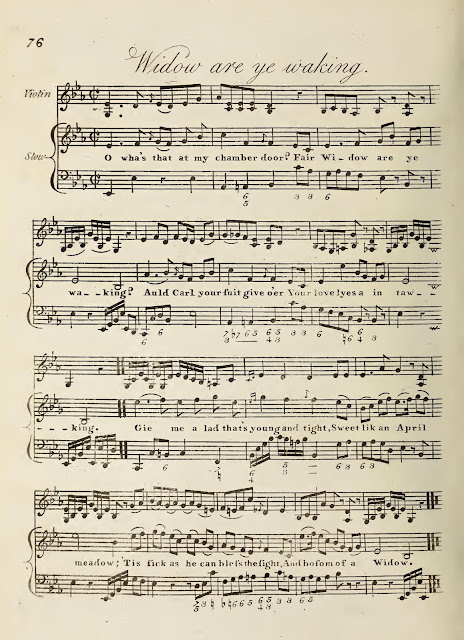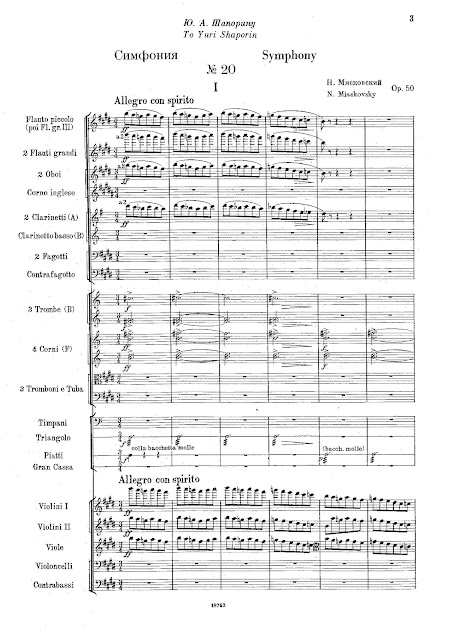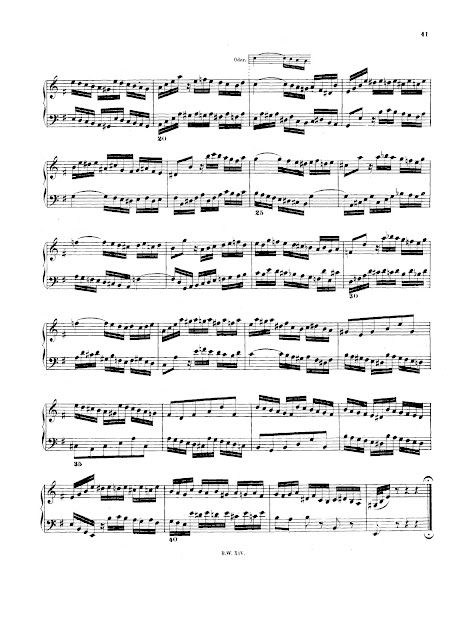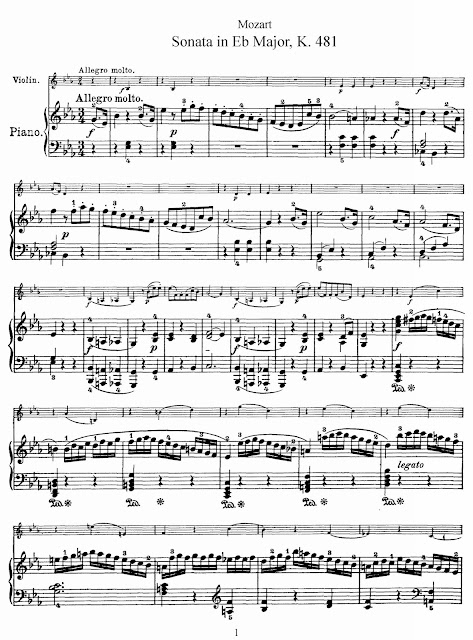DCXCVII. MOZART, Wolfgang Amadeus (1756-1791) / CZERNOWIN, Chaya (1957- )
Zaide, K. 344 (1779-80) • Adama (2006)
Mojca Erdmann, Zaide
Topi Lehtipuu, Gomatz
Johan Reuter, Allazim
John Mark Ainsley, Sultan Soliman
Renato Girolami, Osmin
Noa Frenkel, Woman
Yaron Windmüller, Man
Andreas Fischer, Father
Paul Lorenger, Dancer
Bernd Grawert, Actor
Mozarteum Orchester Salzburg
Ivor Bolton, cond.
Österreichisches Ensemble für Neue Musik
Johannes Kalitzke, cond.
Act 1 (1:02:30)
Act 2 (1:06:48)
Zaide is an unfinished opera/singspiel, which Mozart composed for Emperor Joseph II's German opera company. The Turkish setting and the plot would inspire Die Entführung aus dem Serail (1782), but as he was writing Zaide, he began work on Idomeneo (1781), and never returned to the project.
Missing is an overture and third act.
**
In this 2006 Salzburg production, contemporary music and text were intermingled by the Israeli composer, Chaya Czernowin -- bringing the present day Israeli-Palestinian conflict into the mix. It makes for a powerful, unique operatic tableaux ...
ACT ONE
Opening Credits • ADAMA: Alone (Man, Woman)
Two sensitive, lonely people -- a Palestinian man and an Israeli woman -- are lost in thought.
ZAIDE: No. 1 Chorus: "Brüder, lasst uns lustig sein" (Chorus)
Gomatz, a Christian, is a prisoner in Sultan Soliman's harem, where he has to work in a quarry. The other slaves in the Sultan's work camp bow to their fate, while singing a confident song. Gomatz, by contrast, is in physical pain. He cannot understand how the others can be so unfeeling. Exhausted by the sheer hard work, he rails at his lot, longing for a chance to recover from his labours and ease his discomfort, before finally sinking into a deep sleep.
No. 2 Melologue: "Unerforschliche Fügung!" (
Gomatz)
ADAMA: From Morning Till Evening (
Man, Woman)
Words such as "unfeeling," "work," and "wounds" find an emotional echo in the Man and Woman. The Man thinks and speaks in Arabic, the Woman in Hebrew.
ZAIDE: No. 3 Aria: "Ruhe sanft, mein holdes Leben" (Zaide)
Zaide, whom the Sultan has courted in vain, sees the sleeping Gomatz, falls in love with him and leaves behind her portrait.
ADAMA: Work (Interlude)
ZAIDE: No. 4 Aria: "Rase, Schicksal, wüte immer" (
Gomatz)
Gomatz wakes up and immediately falls in love with the portrait. His love of Zaide gives him the strength to bear his lot.
ADAMA: Trying (
Woman, Man)
The Man and Woman approach each other very tentatively. Both are torn between feelings of attraction, fear and the memory of old wounds. The text revolves around the words "trying," "wounds," "come," and "in vain."
ZAIDE: No. 5 Duet: "Meine Seele hüpft vor Freuden" (
Zaide, Gomatz)
ADAMA: Mouth (
Man, Woman)
Zaide and Gomatz sing a love duet. The Palestinian Man and the Israeli Woman likewise admit to their love for one another.
ZAIDE: No. 6 Aria: "Herr und Freund, wie dank ich dir" (
Gomatz)
ADAMA: Sun, Sky (
Woman, Man)
Drunk with love, Gomatz thanks God for bringing him together with Zaide. The Man and Woman in
Adama revel in visions of redemption. Given the similarity between the Hebrew and Arabic words for "sun" and "sky," what they say sounds very similar.
ZAIDE: No. 7 Aria: "Nur mutig, mein Herze (
Allazim)
Allazim, who enjoys the Sultan's particular favour, encourages the couple and promises to help them escape.
ADAMA: Earth, Blood, Mother (
Man, Woman)
A highly erotic encounter between the Man and Woman turns at its climax into their old hatred. In their fury, they hurl at each other the words for "earth," "blood," and "mother."
ZAIDE: No. 8 Trio: "O selige Wonne" (Zaide, Gomatz, Allazim)
Zaide and Gomatz, conversely, are united in love. They decide to elope together.
ACT TWO
ZAIDE: No. 9 Melologue und Aria: "Zaide entflohen!" (
Soliman)
"Der Stolze Löw' lässt sich zwar zähmen (
Soliman)
ADAMA: Interlude
ZAIDE: No. 10 Aria: "Wer hungrig bei der Tafel sitzt" (
Osmin)
Soliman discovers that Zaide and Gomatz have fled and is beside himself with fury and wounded pride. Osmin tells him that it was Allazim who helped them to escape. He adds that he has already given instructions for the pair to be pursued and is confident they will soon be found. Solimon swears bloody revenge.
ADAMA: Interlude
ZAIDE: No. 11 Aria: "Ich bin so bös als gut" (
Soliman)
ADAMA: Stoning (
Father, Crowd)
The Man and Woman are punished by a member of their respective cultures, the archetypal father figure. They are additionally cursed by the furious crowd of their people. Both are condemned for betraying their people.
ZAIDE: No. 12 Aria: "Trostios schluchzet Philomele" (
Zaide)
Zaide sings of the fate of the nightingale, whose song tells of its tears at having been robbed of its freedom.
ADAMA: Blood (
Father, Crowd)
The Father and the crowd demand that the
Adama couple be punished.
ZAIDE: No. 13 Aria: "Tiger! Wetze nur die Klauen" (
Zaide)
Ziade longs for death.
ADAMA: Beating (
Father)
The Father orders the couple to be beaten.
ZAIDE: No. 14 Aria: "Ihr Mächtigen seht ungerührt (
Allazim)
Allazim seeks to mediate and pleads for compassion and mercy.
ADAMA: TearsThe characters from both
Zaide and
Adama appear together onstage for the first and last time in the work; they grieve. This grief is the only point they have in common, and it forms a kind of negative climax to the work.
ZAIDE: No. 15 Quartet: "Freundin, stille deine Tränen" (
Gomatz, Allazim, Soliman, Zaide)
The final quartet brings no reconciliation: Zaide begs Soliman to kill her but to spare Gomatz. Soliman remains implacable: "Both of you must die!"
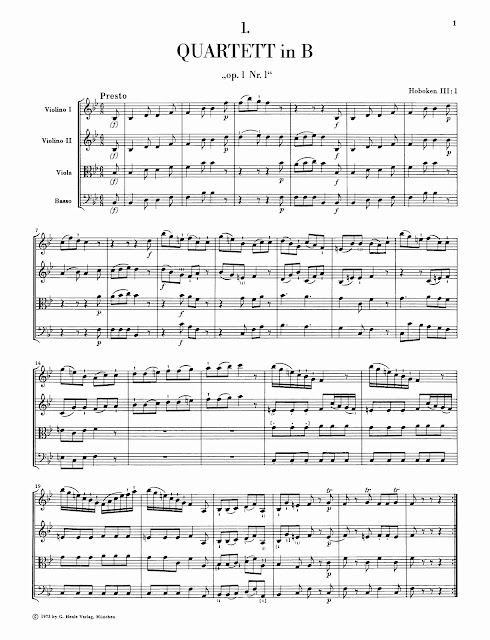


_Page_22.jpeg)
_Page_24.jpeg)
_Page_31.jpeg)
_Page_40.jpeg)
_Page_47.jpeg)
_Page_51.jpeg)

_Page_58.jpeg)
_Page_67.jpeg)
_Page_83.jpeg)
_Page_90.jpeg)
_Page_91.jpeg)
_Page_104.jpeg)
_Page_111.jpeg)
_Page_112.jpeg)
_Page_113.jpeg)
_Page_128.jpeg)
_Page_134.jpeg)
_Page_144.jpeg)
_Page_151.jpeg)







